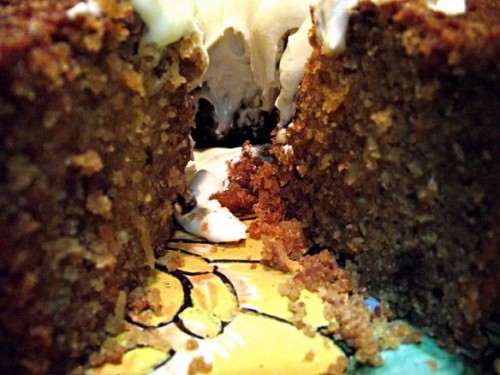By Richard Rawlinson
Our host has suggested I write a post on the ‘extra-rational power of ritual’ – extra-rational being the function of the brain termed our imagination as opposed to the function that’s purely rational; ritual being the act of sanctifying actions – even ordinary actions – so that they have meaning.
To sanctify, of course, means to regard to be holy, to set apart to sacred use. In non-faith terms, the extra-rational power of ritual takes on a different meaning. The rituals are not sanctified in the holy sense, but they are nevertheless actions loaded with symbolism, set apart from the ordinary.
For example, both religious and non-religious can say: ‘I light a candle because I need the light or because the candle represents the light I need’. In our imagination, the candle’s flame can symbolise God’s light of hope; or Life itself; or an individual’s life, its beginning or its end.
In both religious and non-religious circles, there’s the danger that rituals lose their meaning and shift to the realm of the ordinary. Without thoughtfulness of purpose, a ritual becomes a mere habit, whether it’s receiving the Holy Eucharist at the Sacrament of the Mass, or sending a birthday card to mark a loved one’s rite of passage.
Thoughtfulness of purpose makes powerful what would otherwise be an everyday activity. The shift in consciousness imbues our actions with a special kind of energy.
So the potency of rituals is clearly in the eye of the beholder. For some, they’re beautiful and comforting as symbols, but devoid of magic. Others, whether pagan or monotheistic faithful, believe certain rituals take on miraculous powers, mysteriously forming a gateway to grace or enlightenment. Some sneer at this as mumbo-jumbo, others see it as plumbing their deepest, multi-dimensional selves to discover hidden truths about our being, and the spiritual meaning of life.
If this is to lead to developing any debate about secular funeral ritual (See here) it is for secularists to take up the mantle.
It might be useful to revisit BBC Radio 4’s Points of View by philosopher John Gray, publicised and linked to here.
Gray dismisses the assumption held by the likes of Richard Dawkins that human thought has advanced through a series of stages, starting with magic and religion and culminating in science’s rule by universal laws.
‘The idea that religion is a relic of primitive thinking strikes me as incredibly primitive,’ he says. ‘In most religions… belief has never been particularly important. Practice, ritual, meditation, a way of life is what counts. What practitioners believe is secondary if it matters at all’.
While I personally do believe in God and the Catholic Mass (control yourselves, usual suspects), I understand where Gray is coming from when he adds that when atheists ‘attack religion they’re assuming that religion is… a body of beliefs that needs to be given a rational justification’.
He is effectively giving hope to meaningful secularist ritual by saying you don’t have to believe a ritual is true in order to use it. Art and poetry aren’t about establishing facts; and even the latest scientific consensus can turn out to be riddled with error. Ritual tells us something about ourselves that can’t be captured in scientific theories – ‘the ‘ancient myths we inherit from religion are far more truthful than the stories the modern world tells about itself’.


